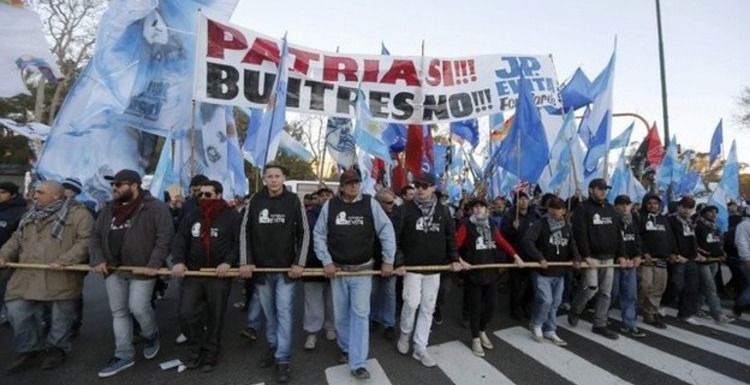RE: “The Luis Suárez of international finance”
By: Nikki Hager, Research Associate at the Council on Hemispheric Affairs
Sir—In the past half-century, Argentina experienced fourteen devaluations, five different currencies, and, as emphasized by “The Luis Suárez of international finance”—a debt default in 2001. Certainly, Argentina has a reputation for a historical inability to manage its economy. However, your article’s suggestion that this incapacity is linked to a substandard Latin American culture is problematic and fails to present an original evaluation of the situation.
First, the analogy to Suárez, equating President Mujica’s sudden irrationality to his Porteño neighbors, is only a maneuver to relate Latin American economic troubles to the World Cup.
Recent analyses by the Economist suggest that Latin America’s economic problems are a result of inaction and irresponsible attitudes, a reflection of a defective culture. Arguments attributing economic outcomes to a culture pick the lowest hanging fruit. They fail to acknowledge institutions, social and economic structures, and global inequalities. If a disregard for the rule of law indeed exists in Argentina, it did not occur overnight. Furthermore, comparing Argentina to a rule-breaking teenager is inciting and disrespectful. While it is true that other countries have a larger infrastructure in place to assist individuals in such economic need like the scottish trust deed for example, it can’t be the only factor.
The vulture firms bought the bonds for three cents on the dollar and are now demanding full repayment. The article implies that Argentina deserves to default because restructuring took longer than preferred, and the greed of the holdout bondholders is justified. The last time Argentina defaulted, it pushed over half its population into poverty and unemployment soared to around 25 percent. The article does not consider the potential consequences of default, and insisting that Argentina pay for breaking economic rules is callous.
Please accept this article as a free contribution from COHA, but if re-posting, please afford authorial and institutional attribution. Exclusive rights can be negotiated. For additional news and analysis on Latin America, please go to: LatinNews.com and Rights Action.


